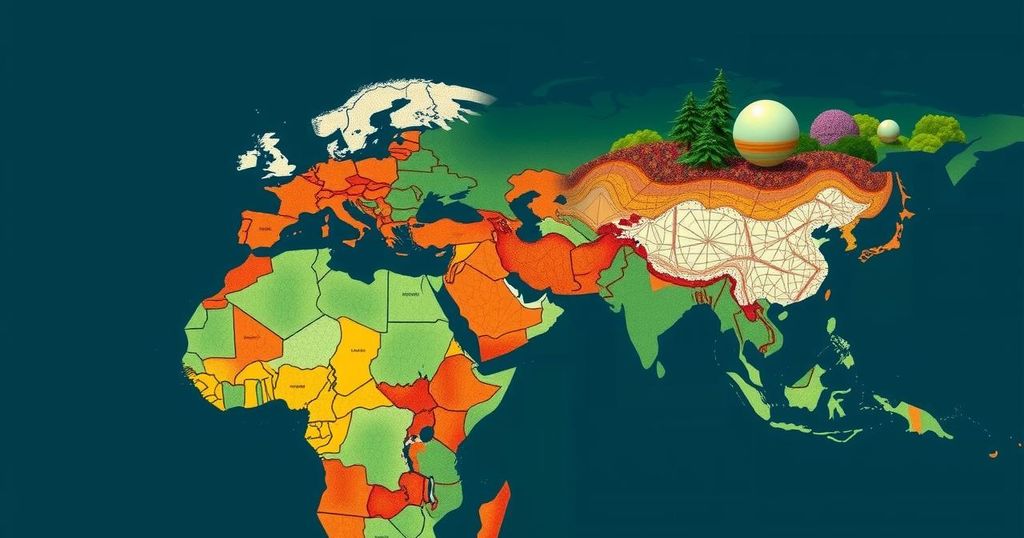In 2023, Cyclone Freddy devastated southern Malawi, displacing thousands and emphasizing the need for financial assistance to support recovery in low-income countries. A novel funding mechanism for climate-related damages, termed “loss and damage” compensation, has emerged, with around $720 million pledged by wealthier nations. However, experts warn this amount is inadequate in the face of escalating climate disasters. Ongoing negotiations at COP29 aim to solidify the structure of this funding and address the urgent needs of affected communities.
In the wake of Cyclone Freddy, which severely impacted southern Malawi in 2023, affected individuals like Christopher Bingala exemplify the challenges faced by impoverished communities grappling with climate change. Cyclone Freddy resulted in extensive flooding, forcing Bingala and thousands of others from their homes. Unlike wealthier nations, many of these low-income communities possess limited resources to recover. However, Bingala received a payment of approximately $750—the first instance of a new funding mechanism designed to address “loss and damage” from climate-related disasters. This crucial financial support allowed him to rebuild, demonstrating the potential for such initiatives to assist communities facing climate-induced adversities.
At COP29, world leaders are engaged in discussions regarding the establishment of a fund aimed at providing compensation to low-income countries burdened by climate change. The global commitment currently stands at about $720 million, with pledges from wealthier nations, including the United States and the European Union. Despite these promising developments, experts warn that the funds are insufficient given the increasing severity of climate-related disasters worldwide.
The plight of individuals like Bingala is indicative of a broader systemic issue faced by low-income nations, which often contribute minimally to global greenhouse gas emissions. The urgent need for sustainable funding initiatives becomes evident as countries negotiate the guidelines for distributing these funds. Many advocates argue that assistance should extend beyond immediate disaster recovery; it should also encompass proactive measures to protect vulnerable communities from future climate threats.
The necessity for loss and damage funding is expected to surge, potentially reaching $250 billion annually by 2030, as ongoing climate events exert greater pressure on developing nations. Leaders, including Philip Davis, Prime Minister of the Commonwealth of the Bahamas, emphasize the interconnected nature of climate crises, urging wealthier nations to recognize their moral obligation to support those disproportionately affected by climate change.
The establishment of a financial mechanism for “loss and damage” compensation is a response to increasing climatic disasters that disproportionately affect poorer nations, which contribute least to climate change yet bear its most severe consequences. The initiative allows wealthier countries to address the damages incurred by low-income countries as a result of climate events. Recent events, especially Cyclone Freddy, have highlighted the critical need for immediate and effective funding to support communities devastated by such disasters. Insufficient recovery resources for subsistence farmers and similar vulnerable populations underscore the urgency of implementing sustainable funding solutions to address these challenges comprehensively.
The path toward establishing a robust loss and damage funding system remains fraught with challenges, yet it is crucial for the support of low-income countries facing climate change. The experiences of individuals like Christopher Bingala illustrate the direct impact of financial assistance on recovery efforts. As global leaders continue to negotiate effective funding guidelines at COP29, it is imperative that wealthier nations recognize their responsibility in addressing the adverse effects of climate change. Enhanced international collaboration and commitment to financial contributions are essential to mitigate the growing climatic crises threatening vulnerable communities worldwide.
Original Source: www.wrvo.org







